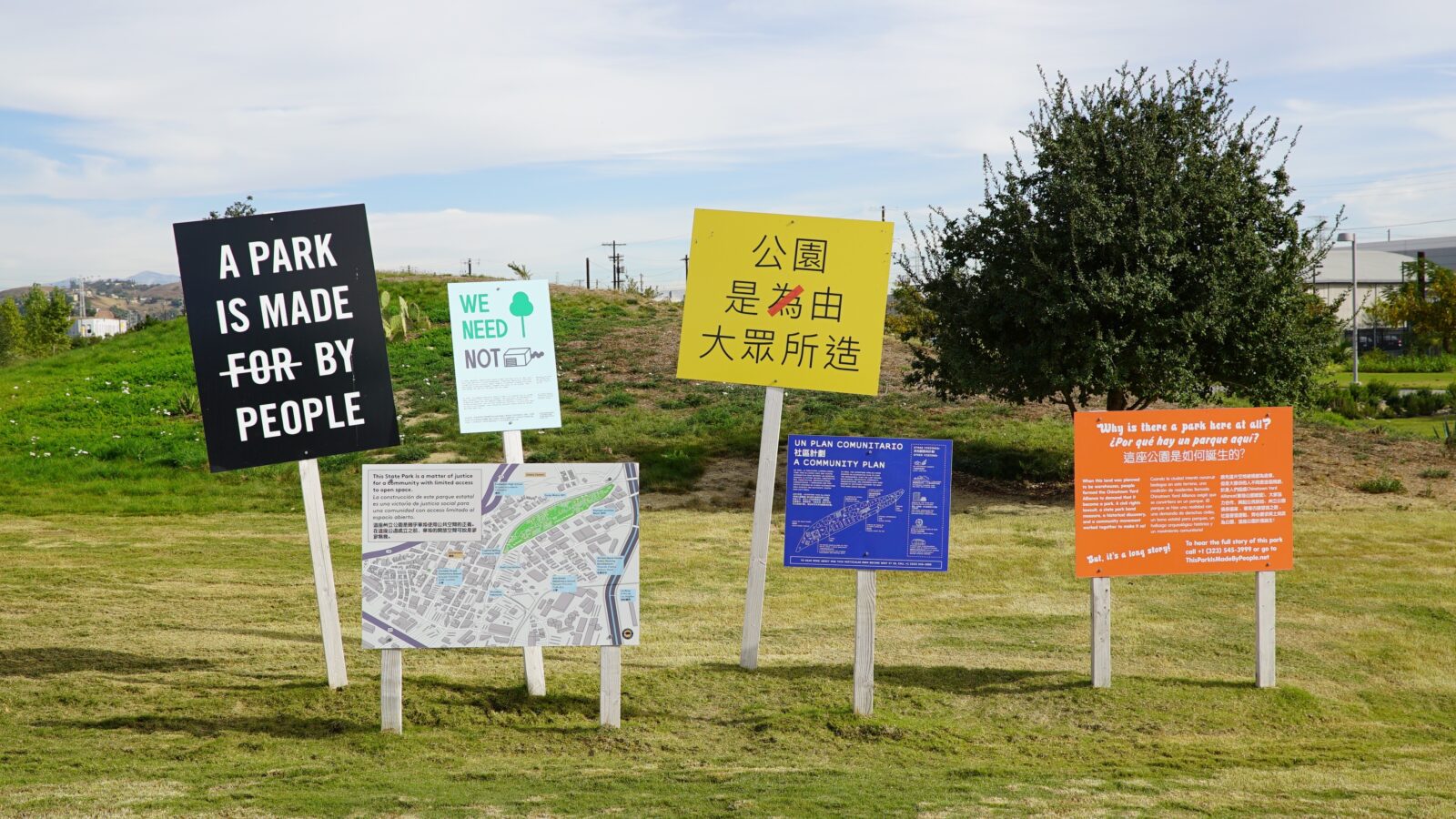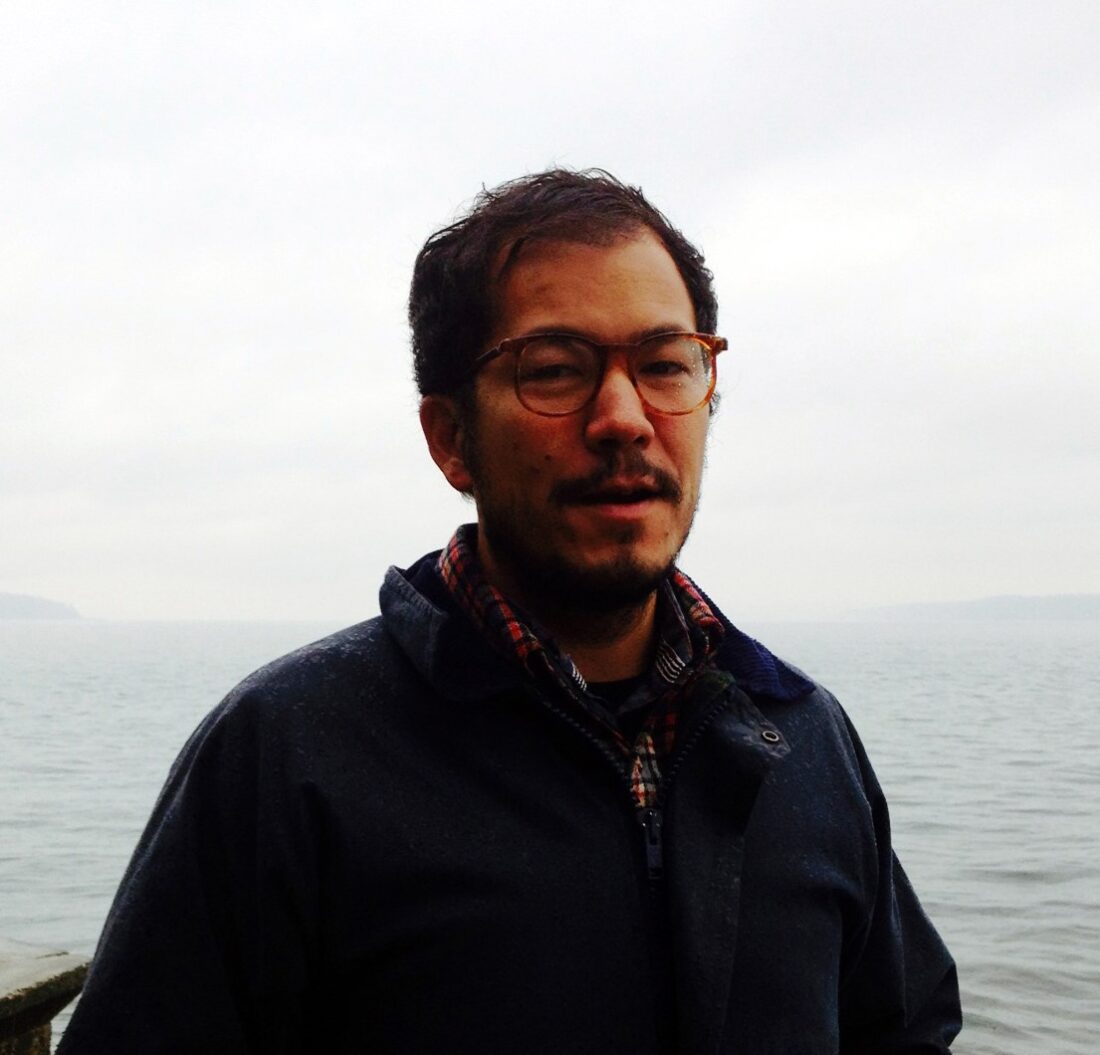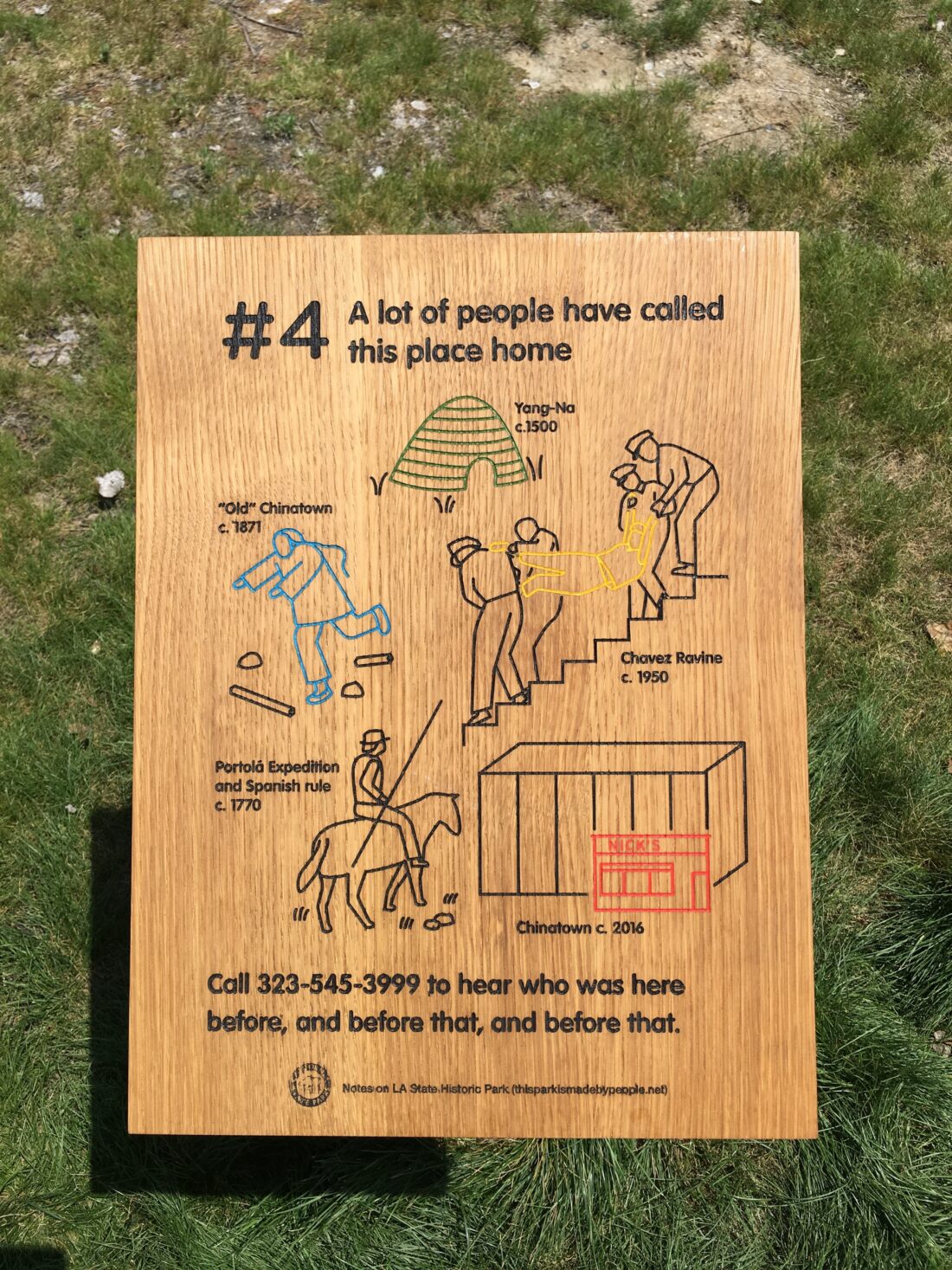Rosten Woo Selected to Develop a Community-Informed Regional Parks and Trails Art Plan

We are excited to announce that Rosten Woo was selected to work collaboratively with our partners at King County Parks to develop an art plan for King County Parks’ extensive network of parks, regional and backcountry trails, and open space in collaboration with the communities they touch. Rosten will consider the existing King County Regional Trails System Art Plan developed by Brian Borrello in 2011 as a jumping-off point for a new plan that looks holistically at regional trails, parks, and open space.
Rosten will create a conceptual framework for system-wide and community-specific art integration and intervention that prioritizes working with BIPOC communities while acknowledging that each community faces different systemic barriers to accessing these spaces. The plan will be informed by communities in urban to rural areas, provide a range of artistic opportunities throughout Parks’ public spaces and provide an opportunity for Rosten to propose his own project for future development.
Over the coming months, Rosten will work closely with 4Culture and KC Parks to conduct research on the natural, social, and cultural history of the area, gain a deeper understanding of the variety of landscapes and uses of Parks’ public assets, and engage with communities to identify key themes or concepts for the art plan.

Originally from Seattle, Washington, Rosten currently resides in Los Angeles. In naming Rosten a recipient of its 2021 Johnson Fellowship for Artists Transforming Communities, Americans for the Arts said the following: “He produces artworks that respond to civic concerns, which emerge from long-term collaborations between grassroots organizations, cultural and community nonprofits, and local governments. His projects aim to help people understand complex systems, orient themselves to places, and make group decisions. Since 2010, Woo has centered his community work largely in Los Angeles, producing temporary and permanent installations that illuminate complicated histories and present-day issues in the physical and socioeconomic environment.”
The selection panel was impressed by his thoughtful approach to engaging and collaborating with communities. His work grapples with complex, layered issues such as gentrification and homelessness. Rosten has the incredible ability to take intricate issues and distill them to their essence and in turn, create something new that explains the complexity in a way that is simple and clear to everyone.

Rosten says, “My work is collaborative and process-oriented. It is abstract, but also warm and inviting. I use quantitative and computational methods to arrive at forms but I also try to call those methods into question and highlight their inadequacy. I frequently work in extended dialog with specific communities (as defined by geography or common interest (for instance, a tenant organizing group, members of a worker’s center, or a car club). My ultimate goal is to re-orient people to the places they live.”
We look forward to working with Rosten and supporting his process in the development of the Regional Parks and Trails Art Plan.
